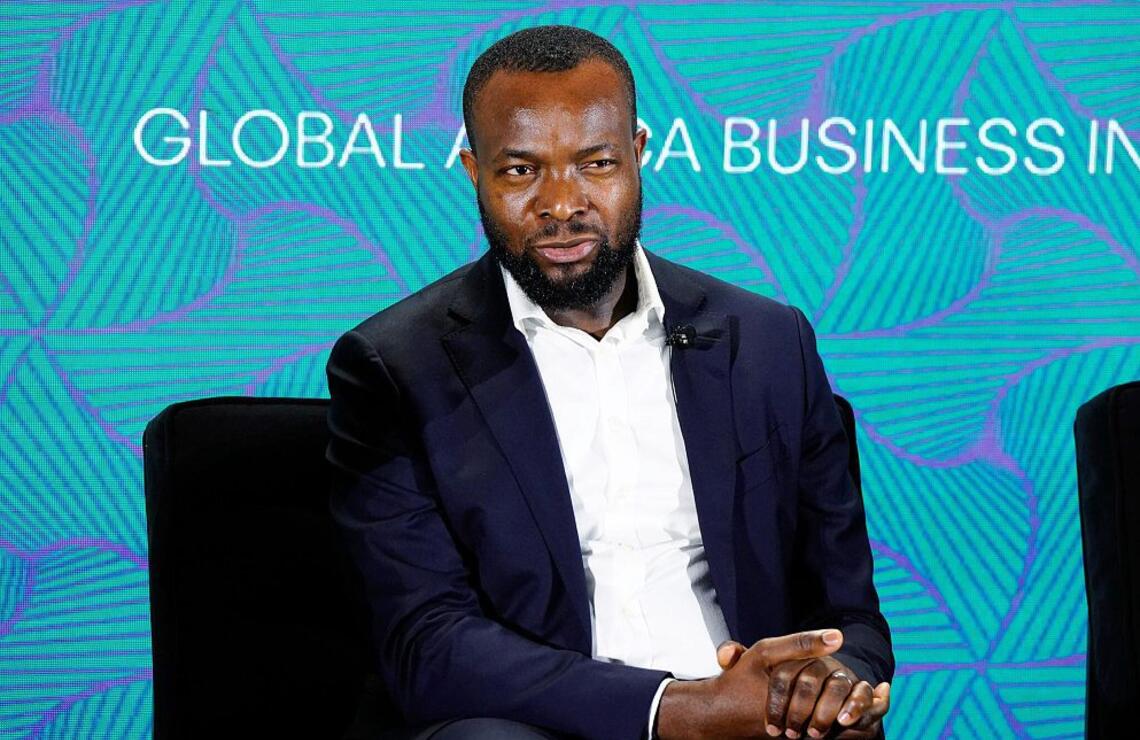
Nigeria nurtures AI innovation
Driven by its Minister of Innovation, who's tech credentials speak for themselves, Nigeria plans to establish itself as a major hub in Africa. Here's the plan.
Nigeria will select ten start-ups specialising in artificial intelligence (AI) and finance them to the tune of 10 million naira each (around $6,000) via the dedicated AI Fund. The winners will also be provided with material assistance from Google to help them develop their activities, such as tools and training. The Nigerian National Centre for Artificial Intelligence and Robotics (NCAIR) will select start-ups that are headquartered in Nigeria, have at least one Nigerian among their founders and have already launched a product using AI.
This funding initiative is part of the country's overall strategy to establish itself as the continent's AI hub. Appointed Minister of Communications, Innovation and the Digital Economy by President Bola Tinubu in 2023, Bosun Tijani, 47, is none other than the founder of Co-creation Hub Nigeria (CcHUB), a major start-up incubator which, since 2010, has helped to launch technology start-ups not only in Nigeria, but also in Kenya, Rwanda and Namibia. This entrepreneurial minister aspires to have a ‘workforce of three million young Nigerians specially trained for tech’ by 2028: “I am convinced that in a few years’ time, Nigeria will be like India,” which has been supplying cohorts of computer scientists to companies around the world since the 2000s. Indeed, the hyper-connected youth of Nigeria, who will need convincing and training, could meet the growing need for AI in an ageing West.
DEVELOPING AI IN NIGERIAN LANGUAGES
In April, Minister Tijani brought together 120 experts for a workshop on the National Artificial Intelligence Strategy (NAIS), with the aim of drawing up a roadmap for integrating AI into the various sectors of the continent's most populous nation. Released in August, the NAIS report points in particular to the use of AI in Nigerian agriculture to help farmers optimise their harvests, in renewable energies to estimate electricity demand as accurately as possible, and in the development of AI tools in five national languages (Yoruba, Igbo, Hausa, Pidgin and Ibibio) by Awarri, a company specialising AI. The AI market in Nigeria is expected to exceed $430 million by 2026, with growth of 44% per year. Nigeria's entrepreneurial vitality provides fertile ground for the growth of AI, although this could be jeopardised by the country's limited infrastructure and brain drain as young talent continues to be tempted by emigration. “The AI Fund is a critical step in nurturing homegrown innovation that addresses local challenges and contributes to economic growth,” enthused Bosun Tijani. “We are committed to providing Nigerian startups with the tools, mentorship, and resources they need to innovate and succeed on a global stage,” said Google's Director for West Africa, Olumide Balogun.